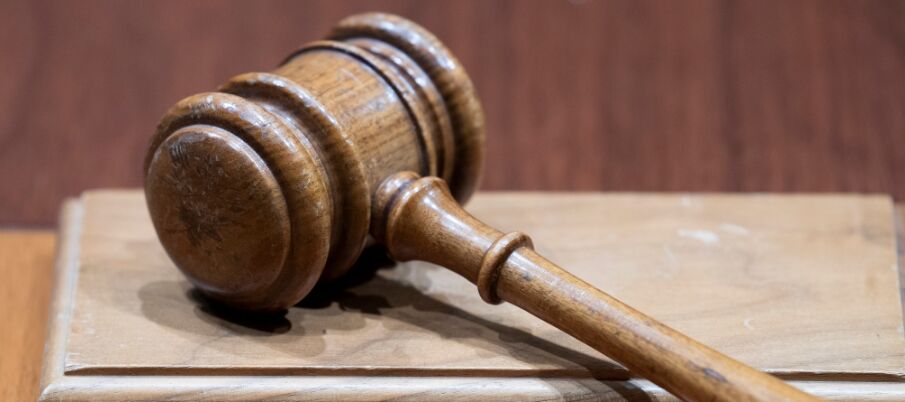Landmark Ruling in Australia Allows Sikh Students to Wear Kirpan, Protects Religious Freedom
The highest court in Queensland, Australia has ruled that a law banning Sikh students from wearing a kirpan, a religious item, on campus is unconstitutional and discriminatory. This decision is a significant victory for the Sikh community and upholds religious freedom.
A landmark decision by the highest court in Australia's Queensland state has overturned a law that banned Sikh students from wearing a kirpan, a religious article in Sikhism, on campus. The court ruled that the legislation, which prohibited the wearing of the kirpan, was unconstitutional and discriminatory.
The case was brought before the court by Kamaljit Kaur Athwal, who argued that the ban infringed upon the religious freedom of Sikhs. The kirpan is one of five religious symbols that Sikhs are required to carry at all times as part of their faith. Initially, a lower court dismissed Athwal's claim, but on appeal, the state's highest court agreed with her argument.
The court stated that carrying a kirpan is a lawful act of religious observance and does not pose a threat to public safety. The overturning of the ban is seen as a significant victory for the Sikh community in Australia. Bill Potts, a lawyer from Potts Lawyers Queensland, emphasized that the decision restores the freedom of practicing their faith to Sikhs.
The court's ruling does not overturn a school's right to ban other individuals, such as students, from carrying knives on school grounds. The judges made it clear that their decision was specific to the religious observance of Sikhs and did not signal a broader acceptance of carrying knives in schools.
The Queensland Education Department is currently considering the implications of the court's decision. It remains to be seen how this ruling will impact other jurisdictions in Australia and potentially set a precedent for similar cases in the future.
Overall, the court's decision is seen as a significant step forward in protecting the religious rights and freedoms of individuals in Australia. This landmark ruling ensures that Sikh students have the same freedoms as everyone else and are no longer discriminated against by state legislation.




